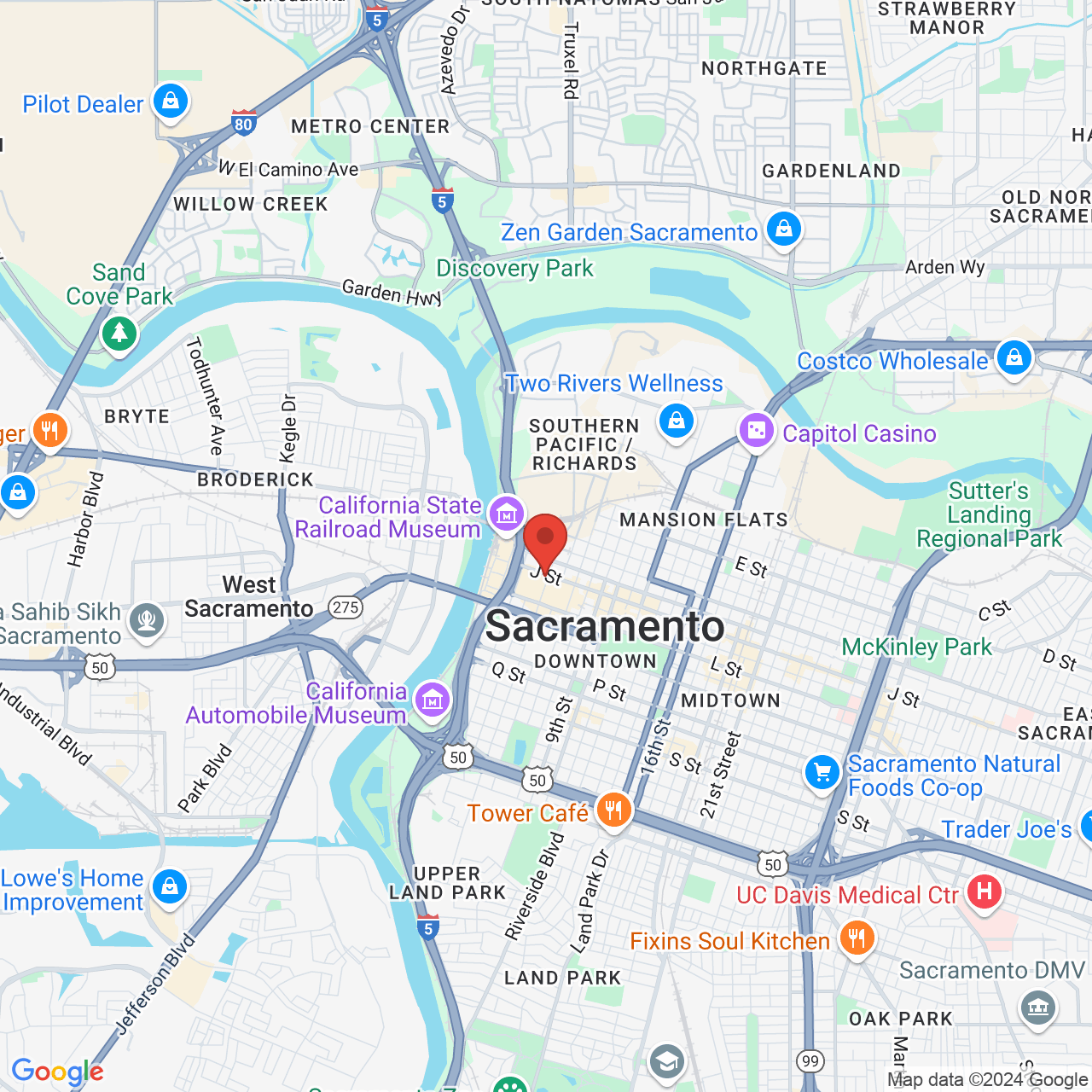The History of Qui Tam Laws
 Qui tam is the shortened version of "qui tam domino rege quam pro se in hac sequitur." This Latin term means, "who brings the action for the king as well as himself." In today's terms, qui tam refers to plaintiffs who choose to become whistleblowers against those who make fraudulent use of public funds.
Qui tam is the shortened version of "qui tam domino rege quam pro se in hac sequitur." This Latin term means, "who brings the action for the king as well as himself." In today's terms, qui tam refers to plaintiffs who choose to become whistleblowers against those who make fraudulent use of public funds.
Attorney Gregory Thyberg in Sacramento, CA, has represented many plaintiffs who choose to step forward in these cases. We invite you to take a look at the centuries-old history of qui tam law and how it became a modern force against those who attempt to defraud Medicare and other government entities.
The Birth of Qui Tam
Some of the earliest evidence of legal concepts resembling qui tam was in ancient Rome, when those who exposed wrongdoing were sometimes given a portion of a criminal's seized property in return for having spoken up. Similar practices were recorded in England in the 600s.
The English Parliament enacted its first qui tam statutes in the 14th Century. The 1318 Statute of York granted those who sued parties illegally selling wine and other goods one-third of those goods after they were seized.
Later, the 1328 Statute of Northampton granted qui tam provisions to people who informed against those who allowed fairs to go on too long. About 30 years later, Parliament made it possible to sue bribed jurors. If couriers working on behalf of the royal family were found guilty of accepting bribes, they could also find themselves paying a certain amount of restitution to informers, as well.
By the 19th Century, qui tam was mostly used against those who violated laws regarding Christian Sunday observance. Qui tam officially met its end in England in 1951 with the Common Informers Act. However, the British government has shown interest in reintroducing some of these concepts, albeit with some changes based on how qui tam was adopted in the United States.
Qui Tam Comes to America
Whistleblower laws (laws that protect those who bring misconduct on the part of their employer, a business, or another entity to light) were adopted in the United States in 1778. Naval officer Richard Marven and associate Samuel Shaw suffered retaliation for reporting wrongdoing on the part of Esek Hawkins, commander-in-chief of the Continental Navy. The government even went so far as to fund Marven and Shaw's defense in the libel suit Hawkins subsequently filed.
Nearly a century later, the country adopted the False Claims Act, also known as Lincoln's Law, which allowed citizens to bring suit against fraudulent contractors. This was largely spurred by contractors hired during the Civil War who provided troops with faulty weapons, sickly mules, and inedible rations.
To date, the qui tam lawsuit (commonly known as the whistleblower lawsuit), has been revitalized by the False Claims Act's 1983 revisions and the government has recovered over 27 billion dollars, with a substantial portion of that amount going directly to the whistleblower.
Have You Witnessed Fraud or Other Wrongdoing in Sacramento?
Have you become aware of acts of fraud that have occurred in dealings with Medicare and other government entities? Are you an employee who has suffered wrongdoing by your employer, or witnessed wrongdoings against coworkers? You have rights that will allow you to speak up without facing retaliation. Get in touch with Attorney Gregory Thyberg in Sacramento, CA, to discuss your case during a free consultation.


